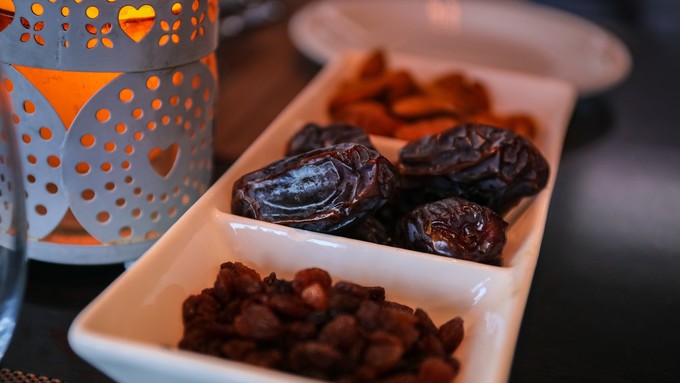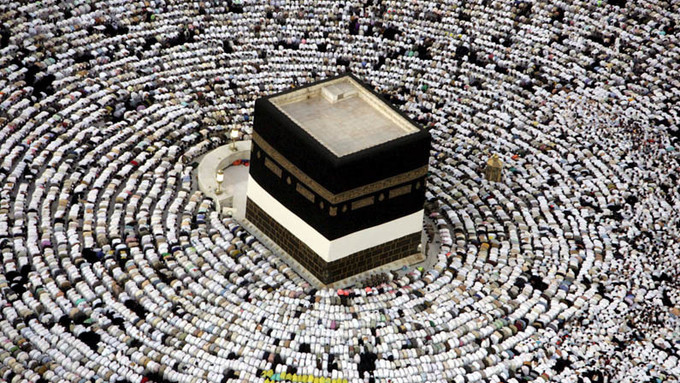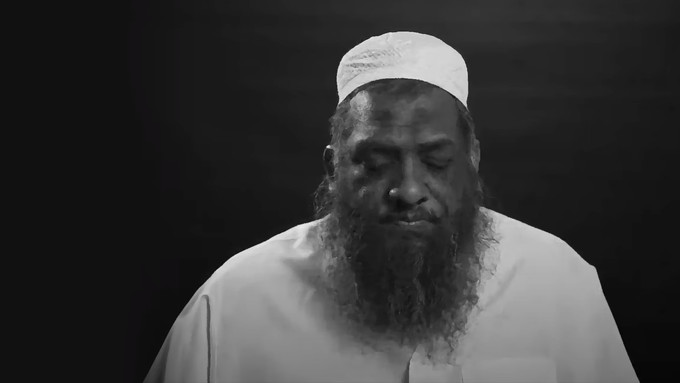Chivalry as a Basis of Muslim Manhood
Due to socio-political trends, there is a growing sentiment among many heterosexual men that traditional masculinity is losing its footing within Western societies. Among those sounding the alarm the loudest regarding this sentiment are political conservatives. Public intellectuals such as Canadian clinical psychologist Jordan Peterson put forth the argument that there is a concerted liberal agenda to emasculate males beyond a type of organic shift in what defines masculinity. With so many secular based frames from the Right and the Left about what does and does not constitute a healthy expression of manhood, it is important for Muslims in the West to be grounded in the Islamic tradition about what constitutes healthy manhood while not taking others’ entire paradigms as our own.
Traditional Islamic epistemology relating to the parameters of what is considered truth and how it is to be professed should never be subjected firstly to political trends coming from outside political parties or platforms. Even though the Right flies the flag of private morality while the Left waves the banner of public justice, both have different epistemic standards from an Islamic basis. Neither accepts the Qur’an and the authentic Sunnah which jibes with the Qur’an as incontrovertible sources of truth along with reading the Creation which has signs that are another type of book. Hence Muslims should tread carefully in accepting all of the arguments and sensibilities of non-Muslims on the Right while having legitimate concerns about false frameworks from the Left relating to orchestrated agendas which seek to erase concrete definitions of gender and gender-specific sensibilities. In this light, hostility and insensitive rhetoric towards women in reaction to stem this tide should not be the stance of our men.
As we raise up our youth to become mature men and remind men who are in their 30’s and older, we must point to the standard of manliness which is Prophet Muhammad (prayers and peace be upon him and his family) and the traits of al-Futuwwa which he displayed that are beyond physical characteristics such as stature, clothing and a beard. Al-Futuwwa, loosely translated as Islamic chivalry, is in fact a type of code of honor. Part of Islamic chivalry is displaying patient perseverance and keeping one’s proverbial chin up when matters are ignoble or unbecoming of what is honorable.
Umar bin al-Khattab (may Allah be pleased with him) stated that al-Futuwwa is being patient concerning despicable matters.1 Al-Qurshayri (may Allah sanctify his spirit) said that chivalry also consists of loyalty and protection.2 Shaykh Abu Muhammad al-Qurashi (may Allah sanctify his spirit) stated that it also comprises leaving what is for you and standing up for what is against you.3 Ibn ‘Ajibah (may Allah sanctify his spirit) elaborated further that it carries the meaning of preferring others over one’s self in what he loves and to behave excellently towards people with that love,and that this chivalry was not perfected by anyone except by the Messenger (prayers and peace be upon him and his family) when he will say on the Day of Resurrection “My ummah, my ummah”. He also stated that chivalry manifests within us when we do not see ourselves as more virtuous than others.4 In the broadest sense, Muhammad bin al-Hanafiyyah (may Allah be pleased with him) said that al-Futuwwa is obedience to the only one worthy of worship [Allah], while Shaykh at-Tustari (may Allah sanctify his spirit) added to this that it is following the Sunnah.5
Thus, as a component of al-Futuwwa is bravery in front of adversaries, it also comprises loyalty, truthfulness including against one’s self, and patience which manifests into altruism. These are the beautiful traits of character that define being manly beyond outward materialistic traits such as appearance and income generated to provide for one’s family. Our view of being a man is not to proverbially kick people while their down, nor to call out women by name attempting to “put them in their places.” Spiritual beauty and taking the high road with those whom there may be some positional advantage is closer to chivalrous manhood than being a brute, as Ali bin Abi Talib (may Allah ennoble his countenance), for example, displayed at the battles of the Trench and the Camel.
There is much more elaboration that could be done regarding al-Futuwwa as books have been dedicated to this topic. It is important for us as Muslims in the West to understand that we have a tradition of manhood which needs to be referred to and actualized through education, embodiment and mentorship of elders with the youth, and that we should not be reactionary in swallowing others’ frameworks and discourses about manhood who do not hold profound reverence for the Qur’an and our ultimate example of manliness, the Prophet Muhammad (prayers and peace be upon him and his family).
1. Al-Baghdadi, Kitab al-Futuwwa, Page 137
2. Al-Qushayri, Ar-Risalah al-Qushayriyyah, Page 177
3. Abd al-Karim al-Kasnazan, Mawsu’ah al-Kasnazan fima Istalah Ahl at-Tasawwuf wa al-‘Irfan, Juz 17, Page 220
4. Ibid. Page 222
5. Ibid. 217 & 229
Faith & Spirituality Related Articles

5 Practical Steps To Get You Ready for Ramadan
As Ramadan is less than a month away, we might feel we often haven't done enough to prepare for it. Here are 5 things we can do right now during Shaban to make sure that we get the most out of Ramadan. The Prophet (Peace & Blessings upon Him & His Family) supplicated,” O Allah give us the blessings of Shaban and give us the treasure of Ramadan.”

Hajj at Home: Kindling the Spirit of Arafah
Even if we are not on Hajj this year, our situation is no different. We navigate through the complexities of our daily life, immersed in the never-ending responsibilities of work and family, inundated with the intrusions of technology and social media into every minute of our lives, moving from place to place and idea to idea.
